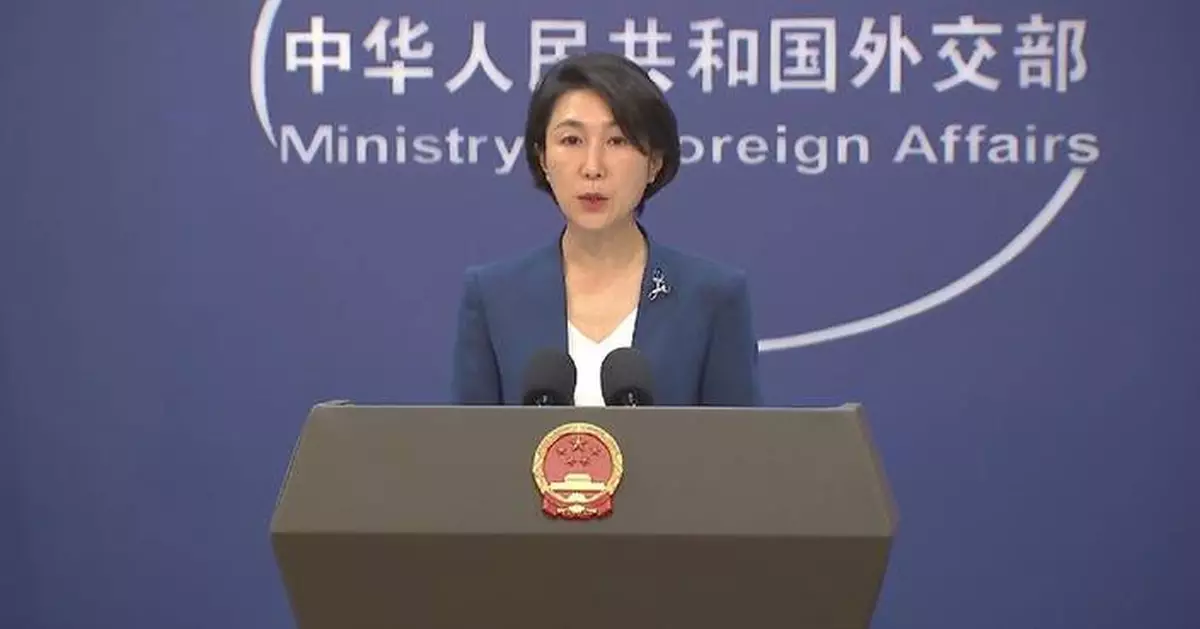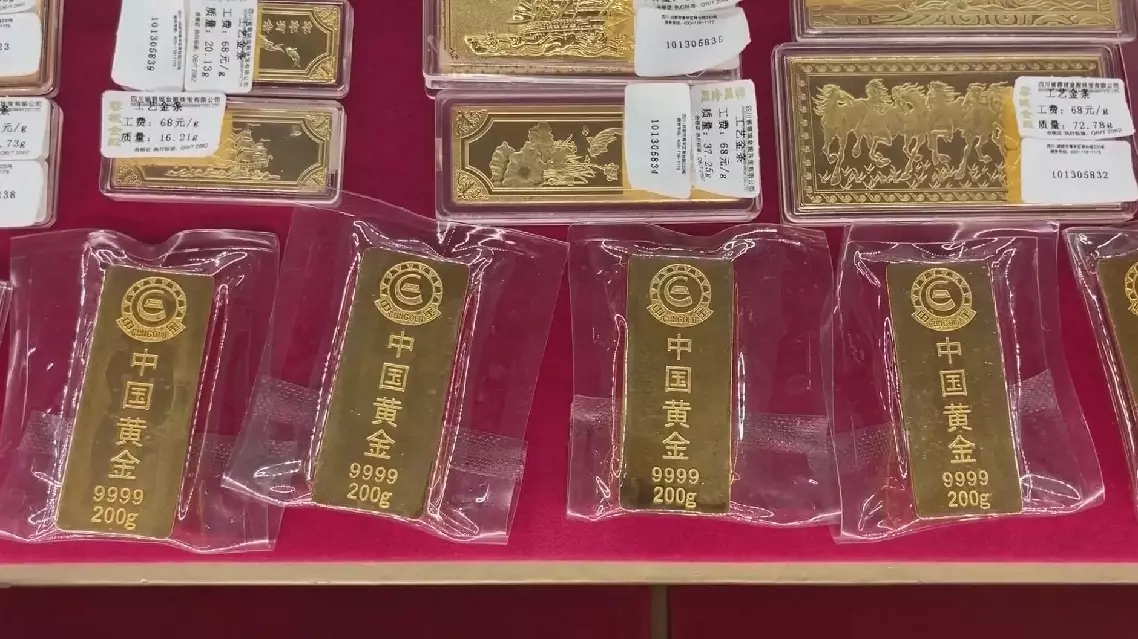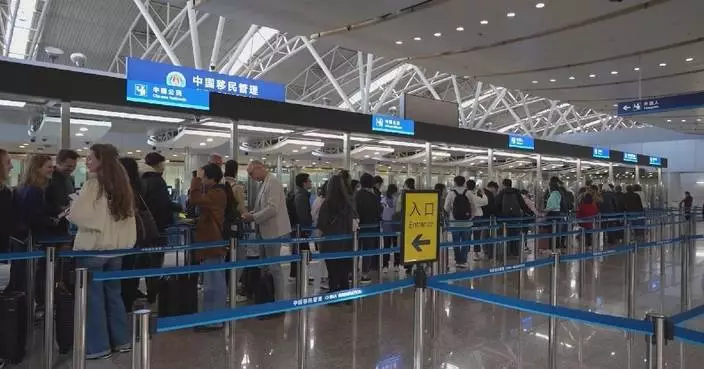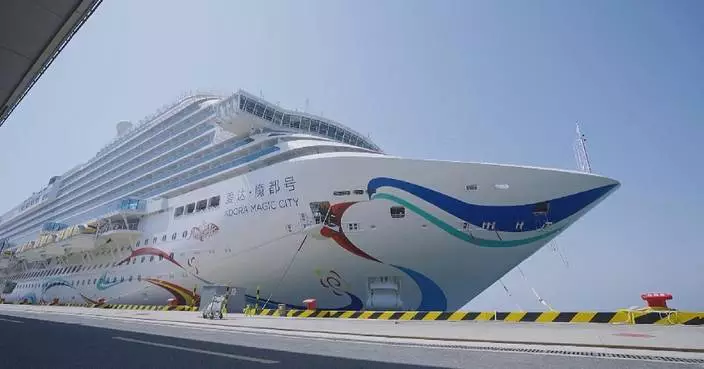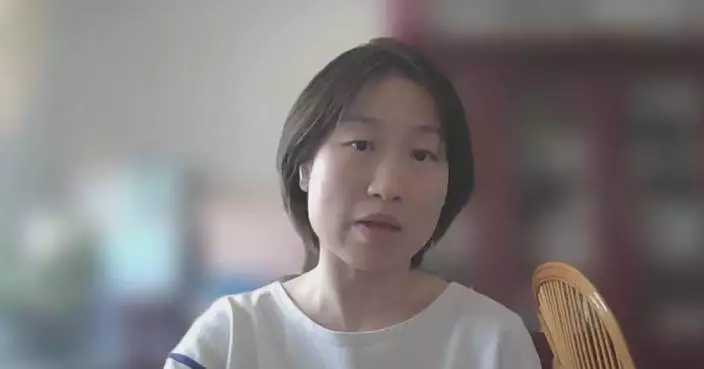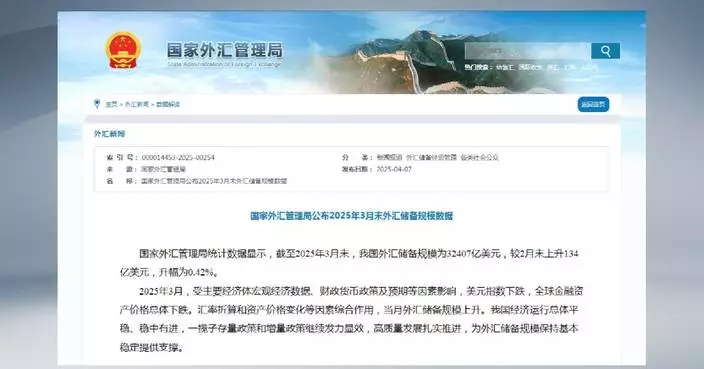China has called on the international community to carry out cooperation with Africa in a pragmatic manner and on an equal footing, said Mao Ning, spokeswoman of the Ministry of Foreign Affairs, in Beijing on Tuesday.
Mao made the remarks in response to the principles for international cooperation with Africa proposed by Chinese Foreign Minister Wang Yi, also a member of the Political Bureau of the Central Committee of the Communist Party of China.
"During the press session following the FOCAC Beijing Summit, Foreign Minister Wang Yi spoke to the journalists about what is unique about China-Africa cooperation.
First, China does not interfere in Africa's internal affairs. All our assistance to Africa is meant to help and support the continent with every sincerity and good faith.
Second, China always makes sure that what we provide is what Africa truly needs for its development, particularly in terms of capacity building.
Third, China does not engage in geopolitical wrestling, and opposes inciting bloc confrontation in Africa or using Africa for selfish interest," Mao said.
According to the spokeswoman, China has take concrete actions to help Africa develop infrastructure and improve the people's wellbeing over the past two decades. "Since the FOCAC was launched 24 years ago, it has been instrumental in supporting development and raising the quality of life in Africa. Under the FOCAC, China and Africa have built and upgraded close to 100,000 kilometers of roads, more than 10,000 kilometers of railways, nearly 1,000 bridges and nearly 100 ports. Over the past three years alone, Chinese companies have created over 1.1 million jobs in Africa. All of those are helpful for Africa to remove development bottlenecks and address the debt issue from its root. As South Africa's President Cyril Ramaphosa and other African leaders said during the Summit, Chinese investments in Africa are not pushing the continent into a 'debt trap' but are instead part of a mutually beneficial relationship," said Mao.
"What's more, China has never been Africa's main creditor. World Bank figures show that of Africa's sovereign external debt, 80 percent are held by multilateral and private creditors whereas bilateral debt only accounts for a small proportion. Even so, China has actively contributed to easing Africa's pressure of debt repayment through bilateral and multilateral channels, and is the top contributor to the G20 Debt Service Suspension Initiative (DSSI). In the FOCAC Beijing Action Plan (2025-2027), China also put forward specific measures for debt relief," she said.
Mao underscored China's position on carrying out cooperation with Africa and called for the international community to meet their obligations in assisting African countries.
"As Foreign Minister Wang Yi stressed, to be Africa's cooperation partner, one must always do what is fair and just for Africa, treat Africa as an equal and deliver tangibly for Africa. We call on the international community, especially the developed countries and international financial institutions, to step up to their responsibilities, and help African countries ease debt burden and achieve sustainable development," Mao said.
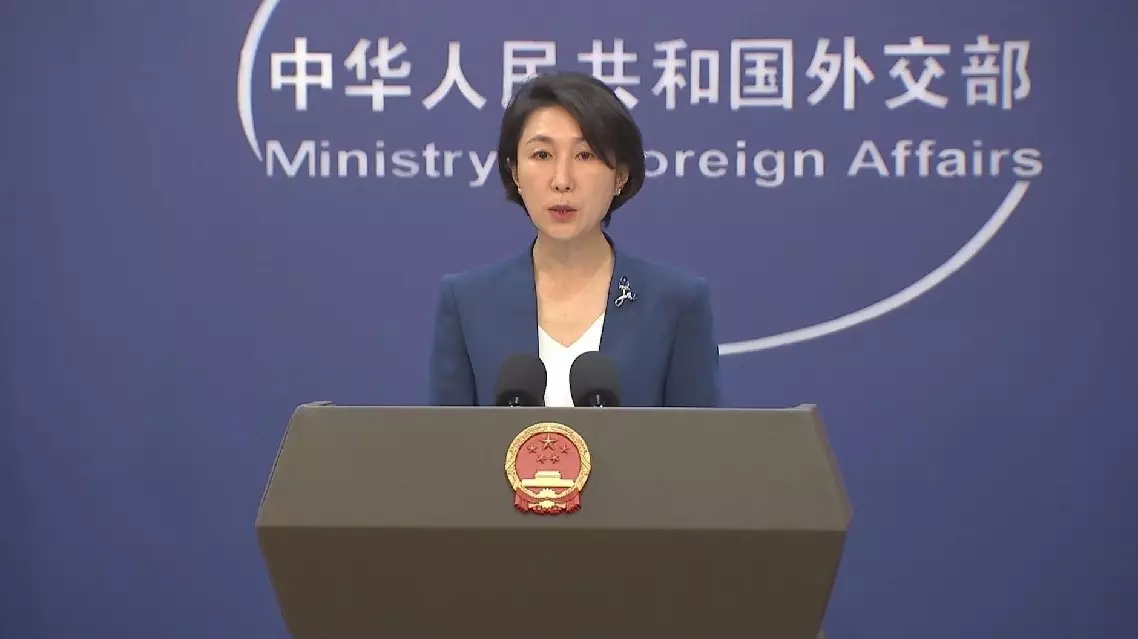
China calls for pragmatic int'l cooperation with Africa on equal footing
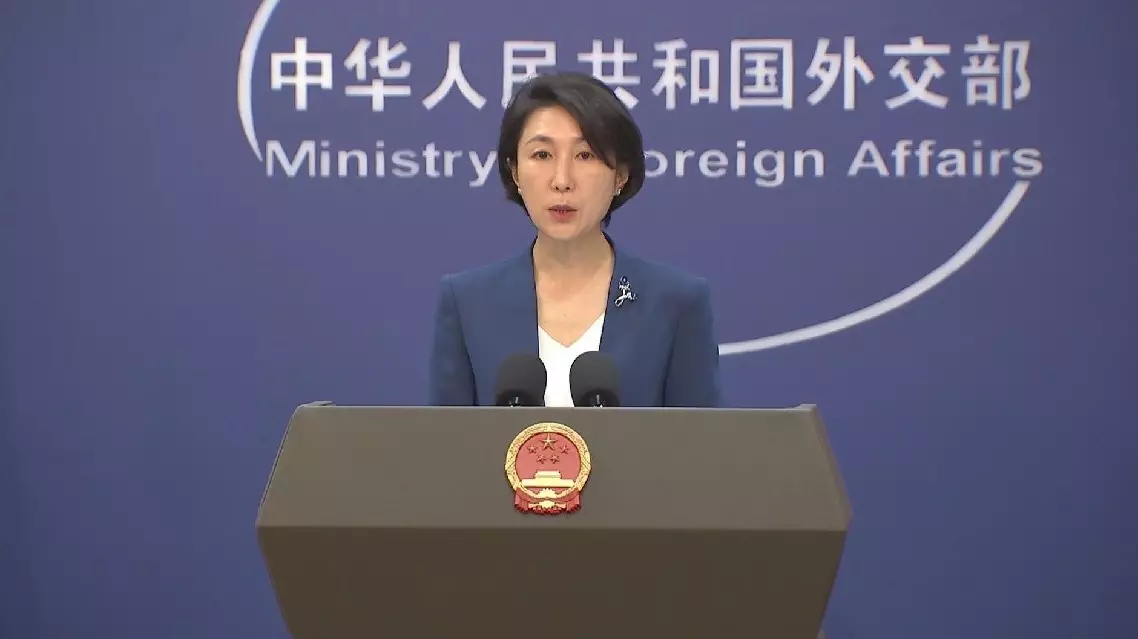
China calls for pragmatic int'l cooperation with Africa on equal footing


